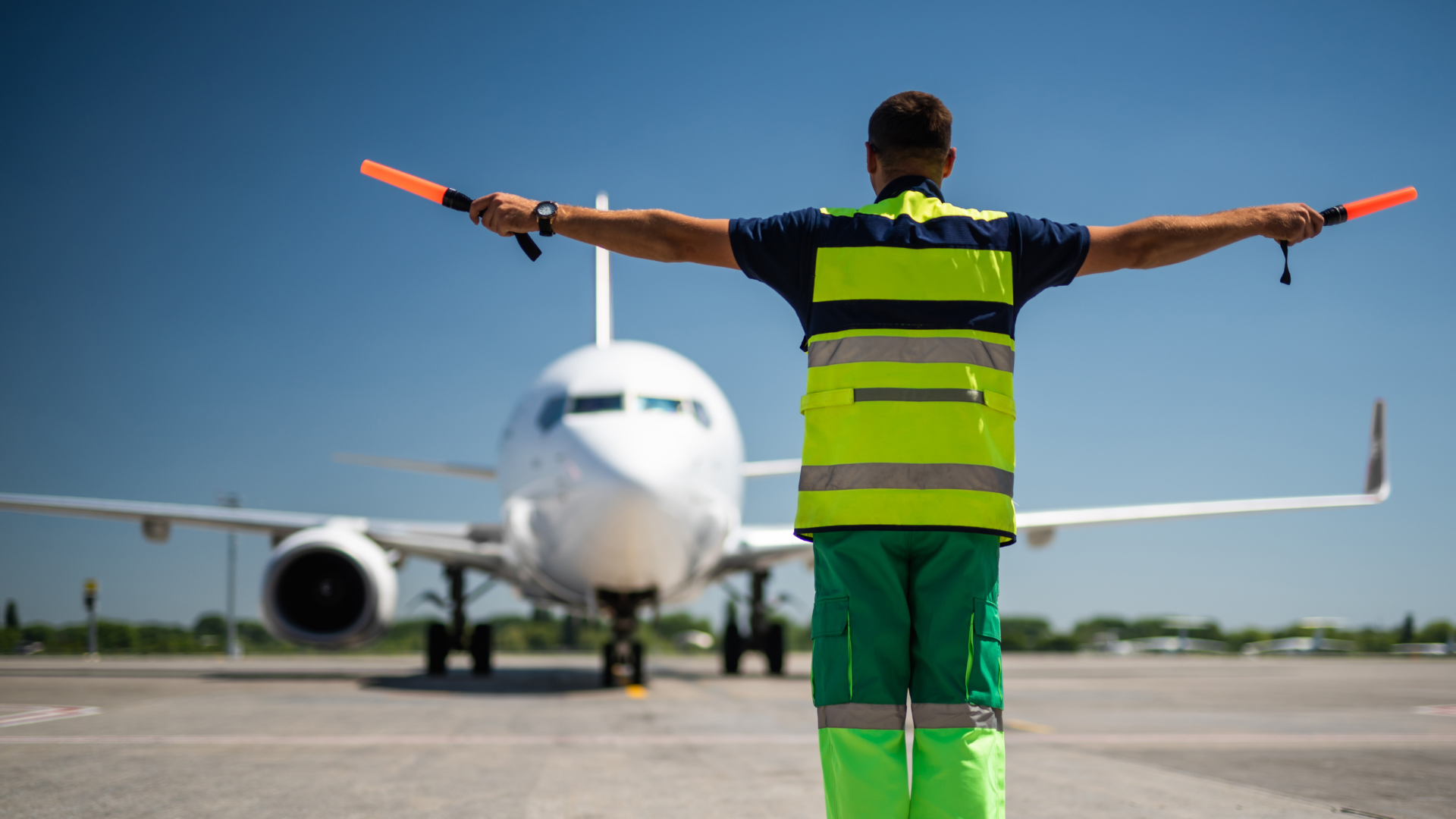
Steps needed to unlock potential for domestic production of Sustainable Aviation Fuel in Ireland
Ireland has real and rising potential to become a meaningful producer of Sustainable Aviation Fuel (SAF). With aviation’s carbon challenge growing and Europe’s ReFuelEU rules pushing rapid uptake, there in an opportunity to marshal a domestic SAF industry.
 Energy
Energy
What makes SAF attractive here is that many SAF pathways are “drop-in” replacements for kerosene, so airlines can use blended fuel with existing aircraft and infrastructure. SAF can deliver large life-cycle greenhouse-gas savings versus fossil jet fuel (in many pathways up to 60 - 80% depending on feedstock and process), which is precisely why national policy is now focused on exploring the potential of scaling production and supply chains.
Ireland’s SAF Policy Roadmap
In August 2025, the Irish Government published its first Sustainable Aviation Fuel Policy Roadmap, a framework that signals strong intent to scale SAF production and use. The roadmap sets out four pathways:
Supporting production, encouraging domestic SAF projects in the short term through co-processing at refineries, and longer term through advanced biofuels and synthetic fuels.
Market certainty, aligning with EU mandates, especially ReFuelEU, to give investors confidence in future demand.
Supporting uptake, promoting airline offtake agreements, airport readiness, and potential incentives or blending mandates.
Collaboration, strengthening coordination between government, airports, fuel suppliers, airlines, and research bodies.
This roadmap is crucial as it reduces policy uncertainty, provides a clear market signal, and begins to shape the conditions under which private investment in SAF can flow.
Potential to produce other renewable fuels as a co-product of SAF
An additional advantage of building SAF capacity is that production typically generates other valuable low-carbon fuels as co-products. In the common HEFA (Hydroprocessed Esters and Fatty Acids) pathway, SAF is made alongside Hydrotreated Vegetable Oil (HVO, also known as renewable diesel), which can immediately decarbonise trucks, buses, and even shipping.
Plants can also yield BioLPG, a renewable liquid gas that replaces LPG for heating, cooking, or off natural gas grid energy. These co-products not only improve project economics but also spread climate benefits across multiple sectors in Ireland.
Next steps to progressing the Ireland’s SAF opportunity
For the roadmap to succeed, Ireland will need to take a series of coordinated actions. Clear regulation and incentives, such as blending mandates, targeted subsidies, and streamlined permitting, must be put in place to encourage investment. At the same time, reliable feedstock supply chains, from used cooking oil and animal fats to forestry and agricultural residues, must be mobilised under strict sustainability standards.
Infrastructure upgrades will be required, including adapting existing refineries for co-processing, developing advanced biofuel and synthetic SAF plants, and expanding storage and blending capacity at airports. Financing will also play a critical role, combining public funding and grants with private investment supported by long-term offtake agreements with airlines.
Finally, Ireland will need to back research, demonstration projects, and workforce training to ensure the technical expertise and skills base are ready to support this emerging sector.
Looking ahead
In the short term, Ireland can build momentum through co-processing and small-scale SAF production, while preparing the ground for larger advanced biofuel and e-fuel projects. Medium term, the goal is to establish dedicated plants and supply chains that serve not just aviation but also road transport and heating via HVO and BioLPG.
Long term, Ireland could emerge as a hub for synthetic SAF production, leveraging its abundant renewable energy resources to produce green hydrogen and captured CO₂.
Ireland’s SAF Policy Roadmap is a major step in the right direction. By combining clear policy, investment, feedstock mobilisation, and co-product opportunities, Ireland can decarbonise aviation while driving economic growth, energy security, and climate action across multiple sectors.
By David O'Donnell, Managing Director
